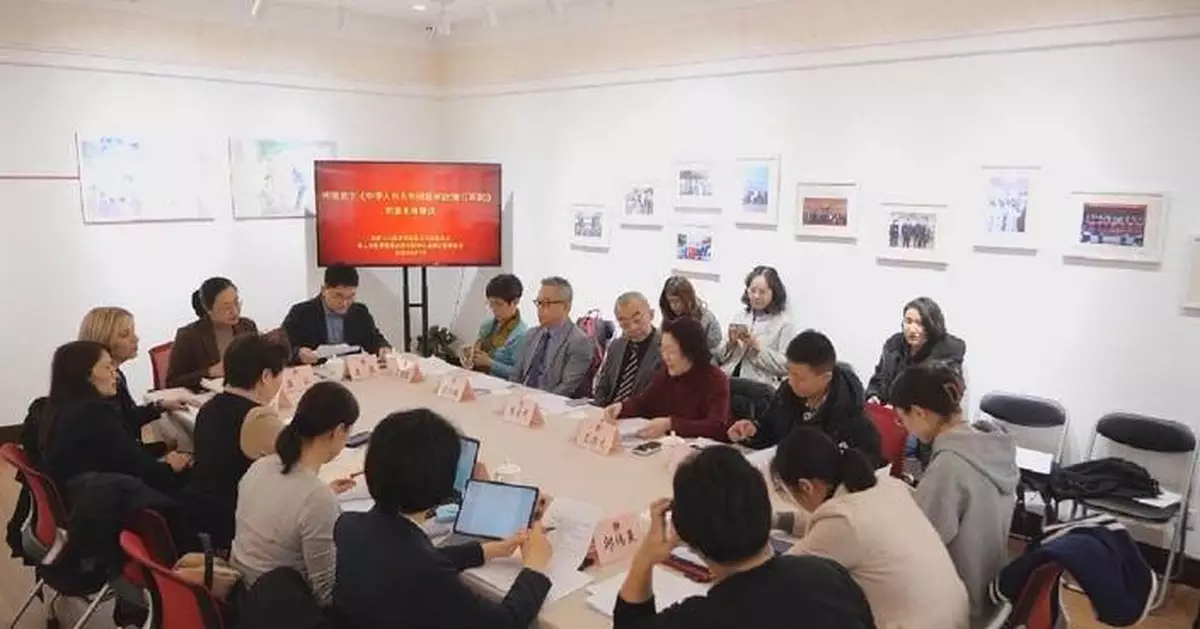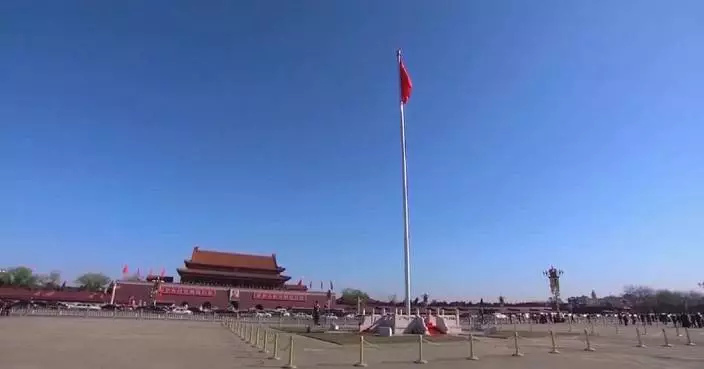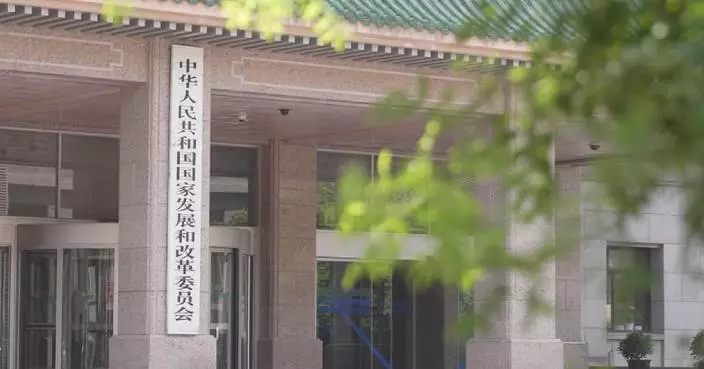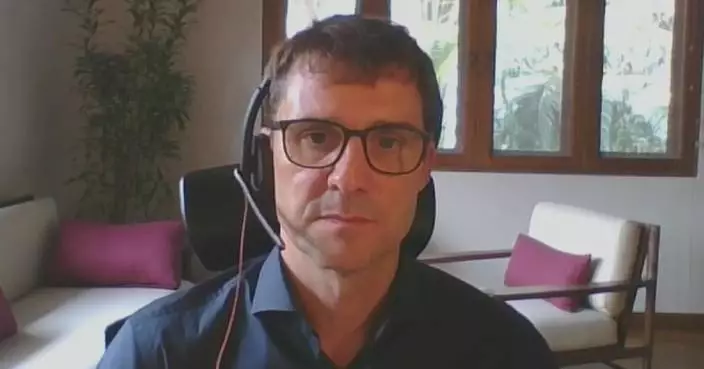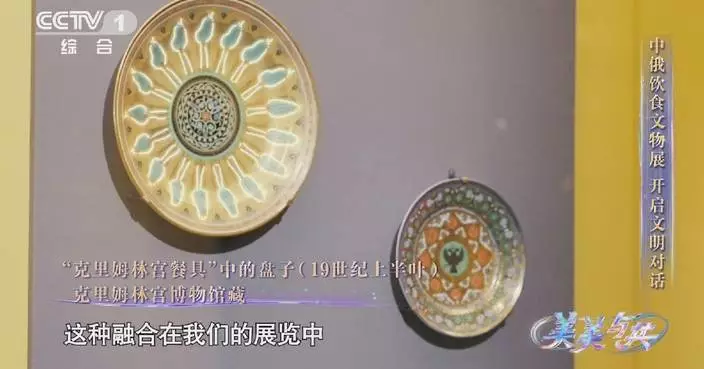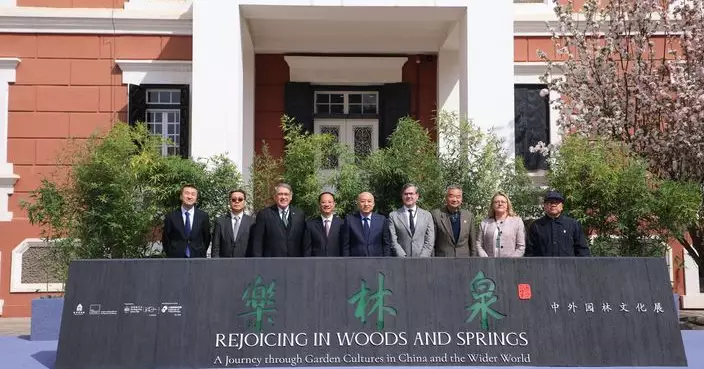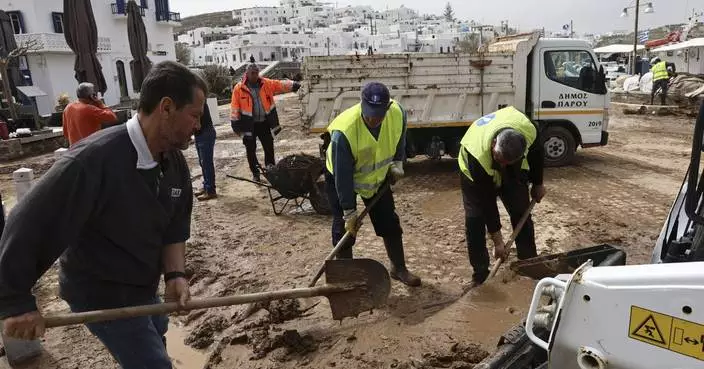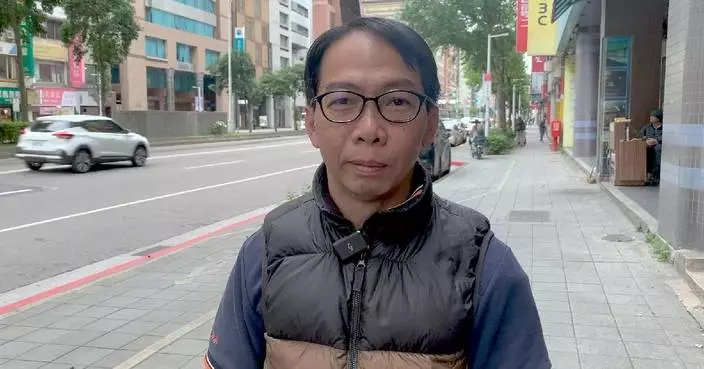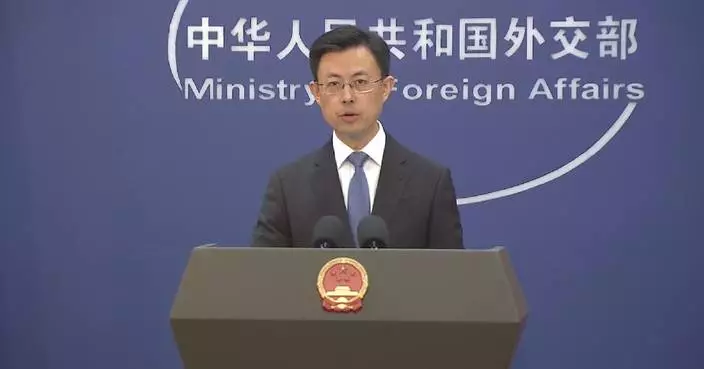China's law-making process, rooted in the principle of whole-process people's democracy, is highly inclusive, as it enables grassroots participation in consultations and ensures effective implementation of laws, according to Fijian Speaker of Parliament Filimone Jitoko.
In an exclusive interview with China Media Group in Beijing, Jitoko shared his firsthand experience of China's legislative process during a visit to a legislative outreach office in Shanghai.
The concept of "whole-process people's democracy" was first put forward by Chinese President Xi Jinping during an inspection tour of Shanghai in 2019. Its essence is that people get to discuss their own affairs to reach the greatest common ground based on the wishes and needs of the entire society.
As a renowned lawyer in the South Pacific with over 40 years of experience, Jitoko spoke highly of China's legislative system, which he believes ensures that every individual has a role in the process.
"I am a lawyer by profession and I have practiced as a judge for a long time, and one of the things that always occur when people appear before the court is that they don't know about the law. It brings me to the consultation process of the law, where the grassroots levels are involved in making submissions on how the law should operate and [how it] affects them. If the law proceeds right to its conclusion when it is enacted into law, they become part of it, they own the law as it were. So they say that's our law, and that is why it helps the population to follow the law because it's part of what they want to bring in and to govern their communities," said Jitoko.
In addition to Chinese citizens, foreign residents in China also have the opportunity to participate in the legislative process, which Jitoko found to be more inclusive than he had initially imagined.
"The other important element is that in these communities, there are not only Chinese, there are also people who are non-Chinese, and they also make submissions. So, it's not only that the laws that have been created are made from the locals but also their own visitors who will become residents. And that to me becomes much more all-embracing law," he said.
As a legal professional, Jitoko further emphasized the advantages of China's whole-process people's democracy, noting that it is a model other countries could learn from.
"It makes it much clearer to me, understanding the process of democracy in the Chinese sense. It's much more towards the all-embracing nature of consultation, which we are talking about, and the involvement of the people even to the grassroots level and be part of that decision-making. It makes it important in terms of their following the law, owning the law and being part of the system," he said.
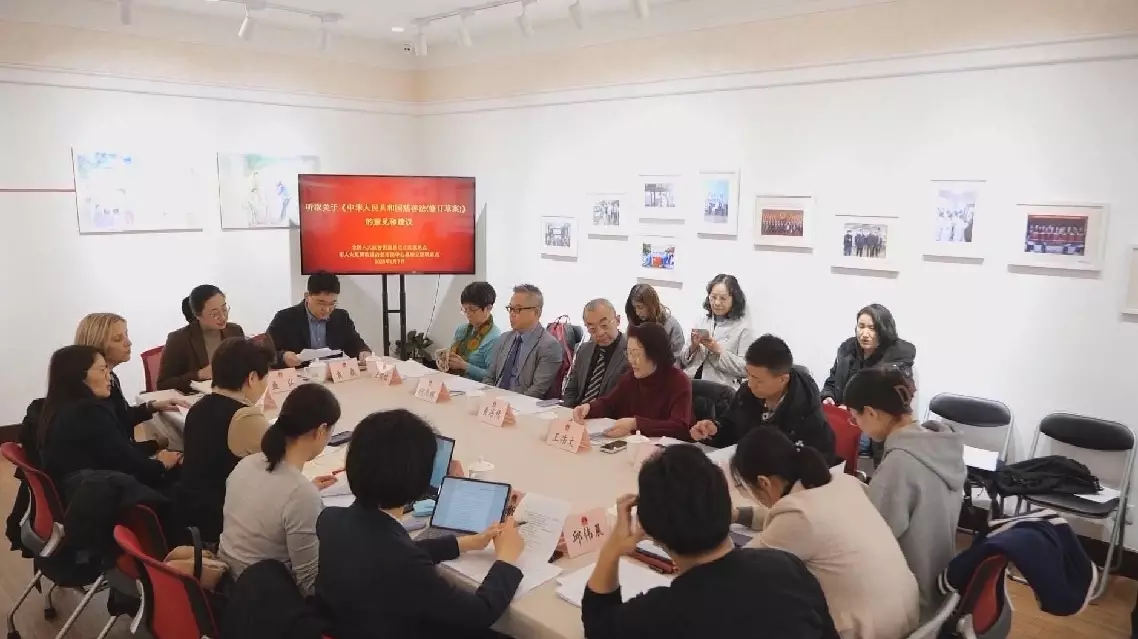
Fijian parliament speaker praises whole-process people's democracy in law-making process


